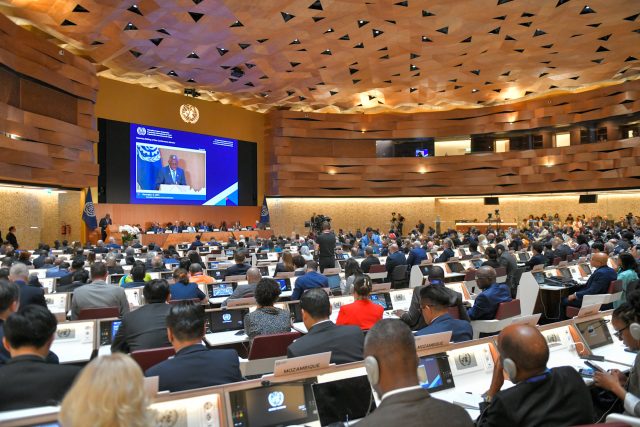Global workplaces gain crucial new protection as the International Labour Organisation (ILO) adopted its first-ever international standards specifically targeting biological hazards on June 13. The landmark convention and accompanying recommendation, finalized at the ILO’s 113th session in Geneva, establish a binding framework to safeguard workers from viruses, bacteria, parasites, and fungi.
Unions hailed the move as a major step towards universal safer and healthier working conditions. The new instruments establish legal obligations for ILO member states to implement national policies and enforce preventive measures minimizing biological hazards at work. Employers must conduct risk assessments, implement safeguards, and ensure workers receive adequate information and training.
The accompanying recommendation provides detailed technical guidance on risk assessments, exposure routes (airborne, contact, vector-borne), early warning systems, emergency procedures, and training. “This is a landmark achievement in advancing global occupational safety,” stated ILO Director-General Gilbert Houngbo. “We are better prepared to protect workers against future pandemics and everyday biological hazards.”
The Geneva conference also initiated standard-setting discussions on decent work in the platform economy, agreeing a draft framework for potential 2026 adoption covering fair pay, safety, and dispute resolution for gig workers. Separately, a resolution was adopted urging urgent reforms to reduce global informal employment through improved job quality, social protection, and support for transitioning to formality. The ILO will develop a supporting global roadmap.
Furthermore, seven amendments strengthening the Maritime Labour Convention, 2006 were approved, enhancing protections against violence and harassment, shore leave, repatriation, healthcare access, and fair treatment during detention or incidents. Eighteen new ratifications of international labour instruments were recorded during the conference, signalling renewed commitment to decent work standards.
Follow us on Instagram.
https://www.instagram.com/businessnewsng?igsh=ZXpweTdjOGF1ZXdu

























